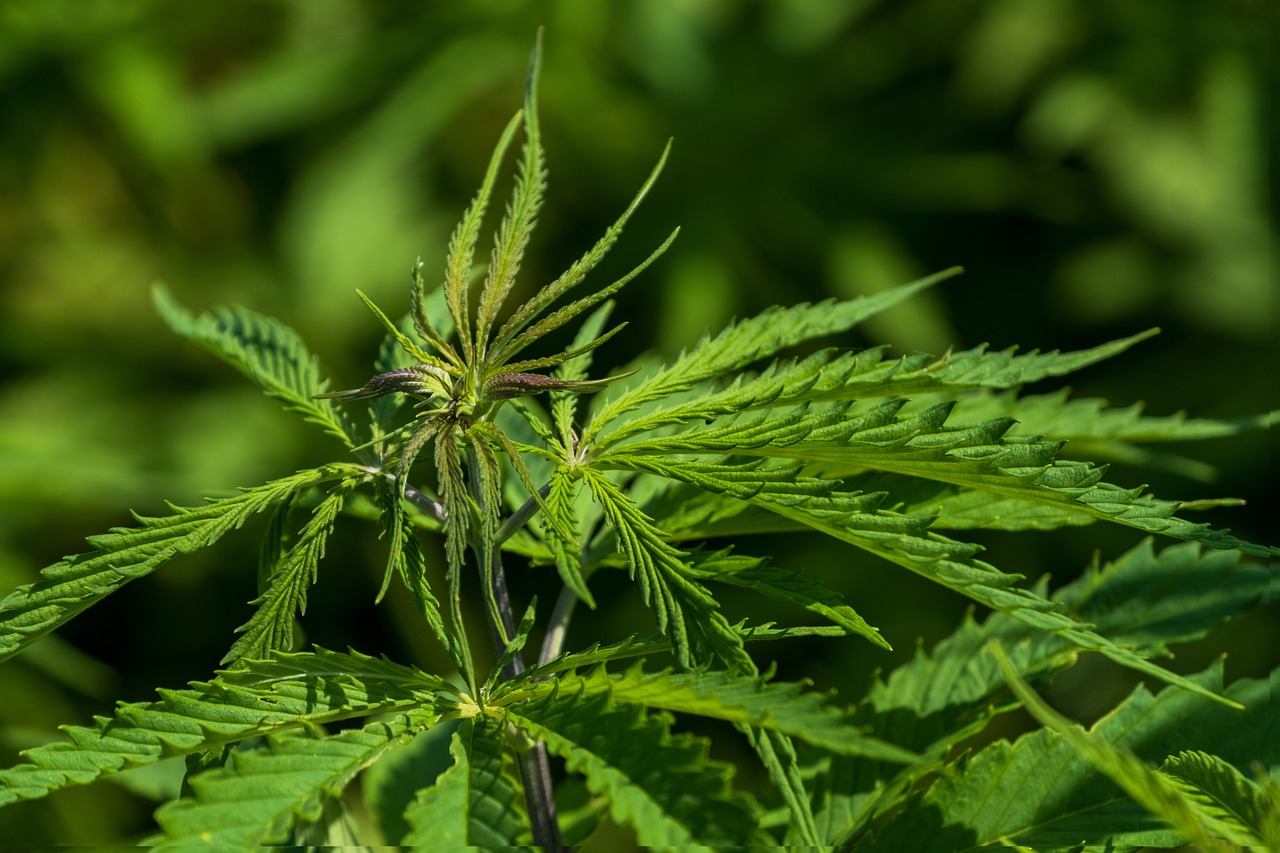https://www.1businessguide.com/thca-hemp-flower-what-it-is-and-why-its-gaining-popularity-in-2024/As interest in cannabis continues to grow, many are exploring the diverse compounds found within the plant. One such compound gaining attention is THCA, or tetrahydrocannabinolic acid. This guide aims to provide beginners with a comprehensive understanding of Dosido High THCa Flower effects, its effects, and its potential benefits.
What is THCA?
THCA is a non-psychoactive cannabinoid found in raw and live cannabis. Unlike THC, which is known for its psychoactive properties, THCA does not produce a “high” when consumed. This makes it an attractive option for those seeking the therapeutic benefits of cannabis without the mind-altering effects.
How THCA Works
THCA is the precursor to THC. When cannabis is heated through smoking, vaping, or cooking, THCA undergoes a process called decarboxylation, converting it into THC. In its raw form, THCA interacts with the body’s endocannabinoid system, potentially offering various health benefits.
Potential Benefits of THCA
Research into THCA is still in its early stages, but preliminary studies and anecdotal evidence suggest several potential benefits:
- Anti-inflammatory Properties: THCA may help reduce inflammation, making it a potential option for those with conditions like arthritis.
- Neuroprotective Effects: Some studies indicate that THCA might protect brain cells, which could be beneficial for neurodegenerative diseases.
- Anti-emetic Properties: THCA may help alleviate nausea and vomiting, which can be particularly useful for patients undergoing chemotherapy.
- Appetite Stimulation: Like THC, THCA might stimulate appetite, aiding those with eating disorders or undergoing treatments that suppress appetite.
How to Use THCA Flower
For those new to THCA flower, there are several ways to incorporate it into your routine:
- Raw Consumption: Add raw THCA flower to smoothies or salads to enjoy its benefits without psychoactive effects.
- Juicing: Juicing raw cannabis leaves and flowers is a popular method to consume THCA.
- Tinctures and Oils: These can be made from THCA flower and used sublingually or added to food and drinks.
Case Studies and Research
While comprehensive clinical trials are limited, some studies and case reports highlight the potential of THCA:
- A 2013 study published in the British Journal of Pharmacology found that THCA exhibited anti-inflammatory properties in animal models.
- In 2017, researchers at the University of Guelph discovered that THCA could reduce nausea in rats, suggesting potential for human applications.
Legal Considerations
The legal status of THCA varies by region. In some areas, THCA is considered legal as it is non-psychoactive. However, once decarboxylated into THC, it may fall under different regulations. It’s advisable to check local laws before purchasing or using THCA products.
Choosing the Right THCA Flower
When selecting THCA flower, consider the following factors:
- Source: Opt for products from reputable growers who use organic and sustainable practices.
- Lab Testing: Ensure the product has been tested for potency and contaminants by a third-party lab.
- Strain: Different strains may offer varying levels of THCA and other cannabinoids, affecting the overall experience.
Conclusion
THCA flower presents an intriguing option for those interested in the therapeutic potential of cannabis without the psychoactive effects. With its possible anti-inflammatory, neuroprotective, and anti-emetic properties, THCA offers a range of benefits that warrant further exploration. As research continues to evolve, THCA may become a valuable component in the broader landscape of cannabis-based therapies.
